#mr&mrs russo
Text
pspspsps, most of Ukraine is still without power, heating, and water. various NGOs and governments are doing all they can, but volunteer groups are always the ones who can help first and most directly - especially the volunteer paramedics and military corps, who are the guys helping people in active combat zones that the NGOs can’t go into. like I realize donating to military groups sounds weird, but given the complete lack of respect the Russian military has shown for peace corridors and basic rules of war, these guys are saving a lot more lives than they are ending them.
anyway here are a few groups I like in particular:
Come Back Alive, the big dick charity of them all
Ukrainian Association of Washington state: less familiar with them but they’re hosting Ruslan Gorovyi and motherfucker that’s all you have to say to me.
Hospitallers Medical Battalion are so fucking solid. they’re volunteer paramedics, so they’re the first ones going into combat zones to help civilians. I’m a little in love, honestly.
UAnimals has a patreon if you want to help animals and pets in Ukraine
All4Ukraine has a collection of individual fundraisers, so you can literally choose what you want to put your money to. a lot of them are actually cars, which may sound weird, but do not underestimate how utterly vital cars are for evacuations, ambulances, recon, etc etc, especially as winter begins. Ukraine is fucking cold, and it’s a huge country - getting people transportation is literally lifesaving rn.
#ukraine#russian invasion of ukraine#russo ukraine war#russo ukrainian war#slava ukraini#non-hetalia#fyi this blog shoots ruzzians and peaceniks on sight ty#russians and pacifists you're fine if you want to join#accidentally made a typeo re mr gorovyi's name#can also be transliterated horovyi
930 notes
·
View notes
Text
People at the Madney Wedding Talking to the Camera
Cameraperson: So how does it feel to be married?
Maddie: Not very different. I mean, we are already living together and have a daughter. We just did this for the tax and insurance benefits
Cameraperson: Wait, what?
Maddie: I am just kidding! *chuckles*
Chimney: We definitely did it for the benefits. And I'm NOT kidding, or am I? *smirks at the camera*
Mr. Lee: Congratulations, Maddie and Chimney. You two deserve the world!
Mrs Lee: *tears up* I hope you have a wonderful life ahead with each other. And Chimney, Kevin would have been so proud of you. Just like I am.
Hen: *drunk* MY BEST FRIEND GOT MARRIED! *waggles her eyebrows* HE'S GONNA GET SOME TONIGHT
Karen: Baby, he was "getting some" anyway. They have a daughter
Hen: Oh. Well, he's still gonna get some tonight. So happy for him! *tears up* So happy!
Albert: Don't know about them, but I'm DEFINITELY getting some tonight. Catch my drift?
Cameraperson: No, not really
Phillip and Margaret Buckley: *camera moves on from them*
Phillip: Wait, wait, wait, aren't you going to interview us?
Cameraperson: I'm told you don't matter
Buck: *smirks* You actually told them that? You're the real superstar
Cameraperson: Thank you. So how did it feel walking your sister down the aisle?
Buck: Amazing! I am so happy she let me do that *wipes a tear away*
Cameraperson: Wait... I didn't know you were married. Where's your spouse?
Buck: *tries to hide his ring finger*
Ravi: I'm glad they invited me. They make such a great couple! And I'm glad nothing went wrong! Phew!
Josh: I-
Eddie: *drunk* They are so lucky to have each other!
Josh: Really, Eddie? Really? You're gonna steal my thunder? Unbelievable!
Cameraperson: No, go ahead. What were you gonna say?
Josh: I was just going to say I am-
Eddie: I am so happy for them. They don't have to hide their marriage *cries*
Josh: Dammit, Eddie! Not again! Wait... What did you just say?
Buck: *drags Eddie away* He's just really drunk. You probably want to edit that out.
Cameraperson: Why do you two have matching rings?
Buck and Eddie: *talk animatedly off-camera and try to hide when they see the camera*
Athena: They should definitely stay on land for their honeymoon
Bobby: Oh yeah, I would listen to Athena if I was them. Also, I didn't mastermind this relationship, but I'm glad they got together
Cameraperson: What do you mean you didn't mastermind this relationship?
Bobby: Shhh...
Cameraperson: Do you have something to say to your mommy and daddy?
Jee-Yun: Uncle Buck and Eddie got married
Maddie: No, sweetie, I think you mean mommy and daddy got married
Cameraperson: No, I think Buck and Eddie got married too
Maddie: Wait, what? BUCK! YOU ARE NOT UPSTAGING ME AT MY OWN WEDDING!
#maddie buckley#chimney han#madney#mr lee 911#mrs lee 911#hen wilson#karen wilson#albert han#phillip buckley#margaret buckley#evan buckley#eddie diaz#buddie#ravi panikkar#athena grant#bobby nash#jee yun buckley han#josh russo#118 firefam#911 abc#incorrect 911 quotes#also Buck and Eddie definitely got married during Chimney's bachelor's party and now they're trying to hide it
82 notes
·
View notes
Text

Portland Street, Manchester.
#stand with ukraine#ukraine#slava ukraini#russo ukrainian war#protest#cyber punk#bystander#mr cool ice#Manchester#street#street photography#real street shit
148 notes
·
View notes
Photo


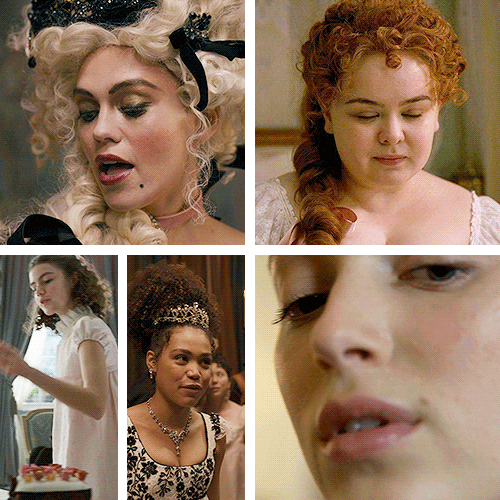
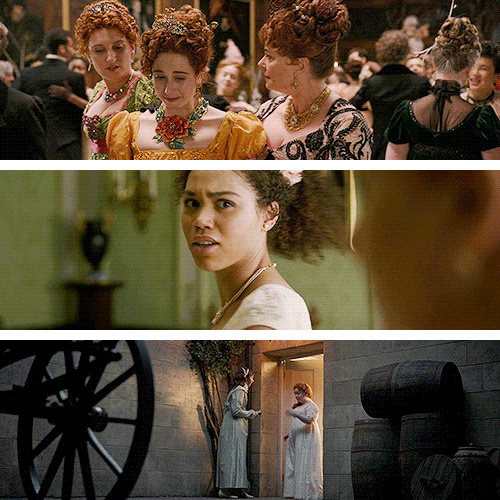


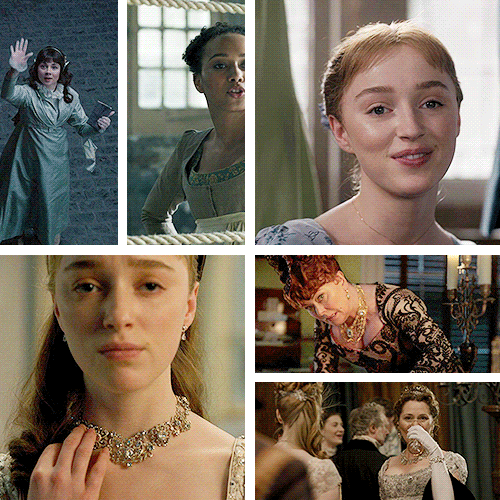

Ladies of Bridgerton | 1x04 An Affair of Honor
#bridgertonedit#bridgerton#daphne bridgerton#violet bridgerton#eloise bridgerton#sienna russo#penelope featherington#portia featherington#phillipa featherington#hyacinth bridgerton#marina thompson#*#by renae#LoB*#prudence featherington#lady danbury#cressida cowper#mrs wilson#alice mondrich
105 notes
·
View notes
Text
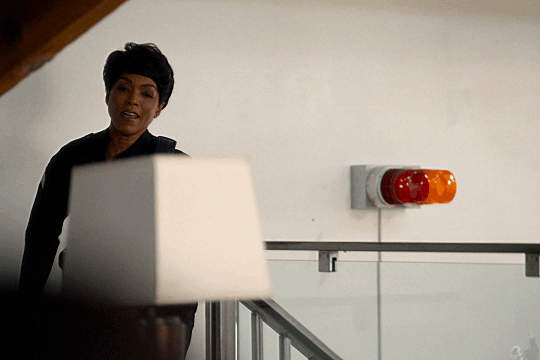
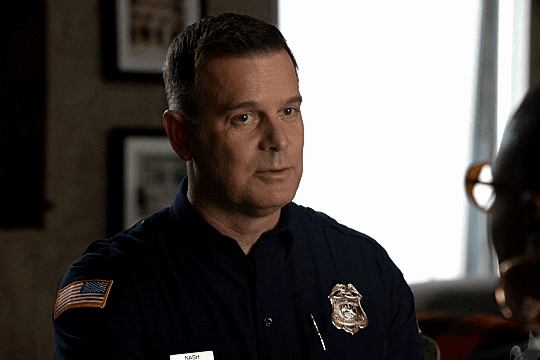

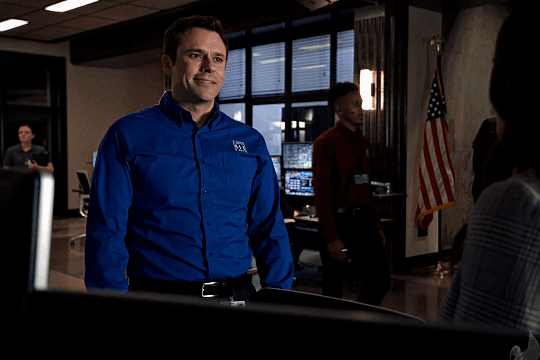
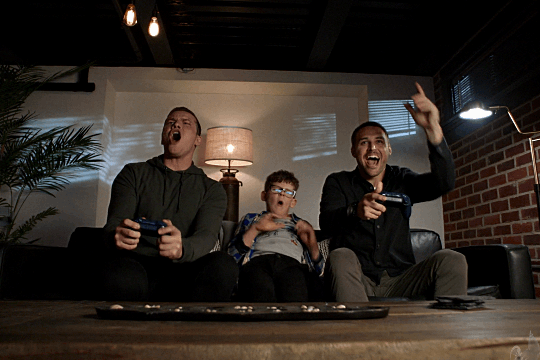


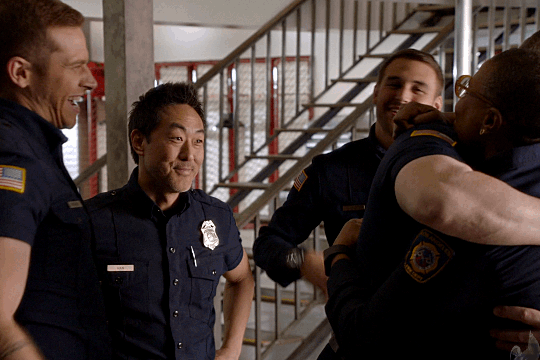

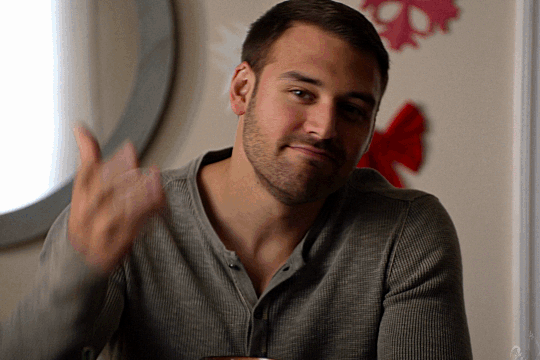




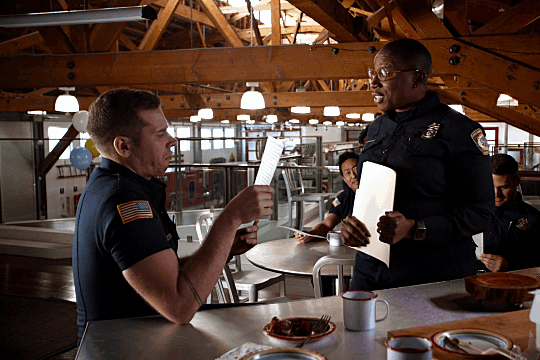
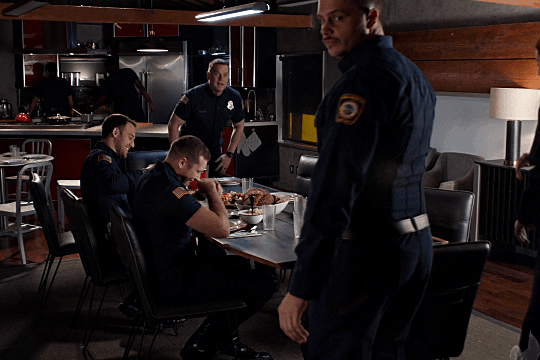

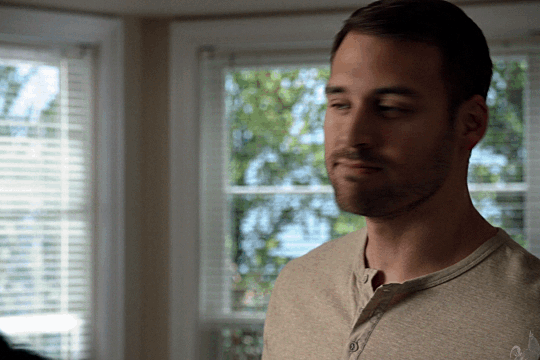

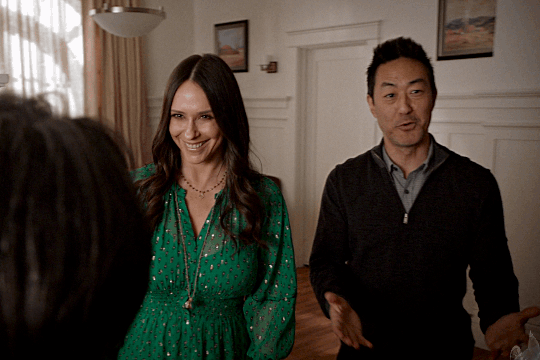

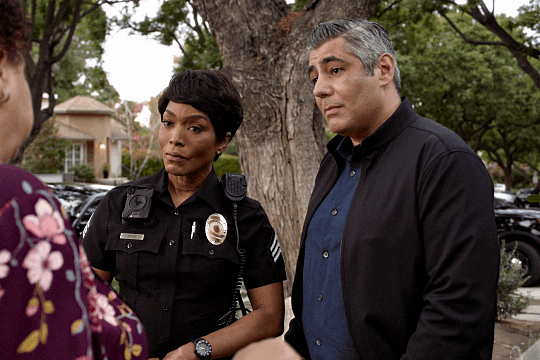
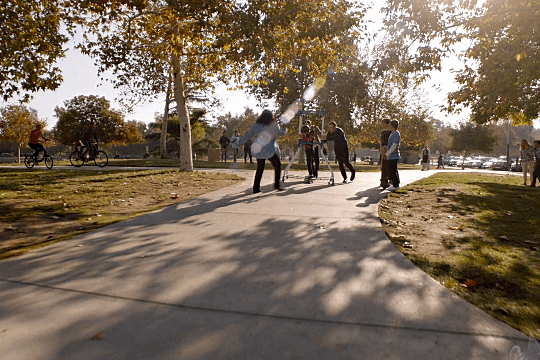
Found Family Thursday (3x09 - 3x12)
#911#911hiatus2023#Athena Grant#Howard 'Chimney' Han#Bobby Nash#Henrietta 'Hen' Wilson#Josh Russo#Maddie Buckley#Evan 'Buck' Buckley#Eddie Diaz#Christopher Diaz#Karen Wilson#Denny Wilson#Harry Grant#May Grant#Michael Grant#Albert Han#Mister Lee#Mrs Lee#Rick Romero#Carla Price#911edit#3x09#3x10#3x11#3x12
76 notes
·
View notes
Text
also while we’re on ethnic backgrounds of mash characters i just want to say that jewtalian hawkeye is so dear to me and so important
#im not even jewtalian myself. just jewish#i mean i probably had italian family but less immediate than the russo-ukrainian/czech/irish folks#but anyway. i also really care about bj being a clumsy ally that’s also so important to me#i once drew bj saying some of the niles lines from merry christmas mrs. moskowitz. that’s so him to me#(raises martini glass and looks at hawkeye) l’chaim!… mazel tov!… next year in jerusalem!….#mash#hawkeye pierce
23 notes
·
View notes
Text

By Robby Russo, 1999.
22 notes
·
View notes
Text

#disney#wizards of waverly place#alex russo#suite life#Mr Moseby#disney polls#polls#tumblr polls#disney channel#2000s childhood#2000s nostalgia#childhood nostalgia#nostalgia#childhood memories#fandom polls#disneychanneltournament#marion moseby#Mr. Moseby#wowp#wowp alex#thank you so much for participating everyone!#i'm so happy that so many of you share such a love for these nostalgic shows!
40 notes
·
View notes
Text
SaiyanPrincessSwanie - Reading List Week 123

Welcome to Week 123
As always these will be listed in no particular order. None of these stories are mine. I’m just signal boosting them. Author is listed next to title. My goal is to signal boost writers and spread positivity in the community. 💜💜
Click HERE to see what I will or won’t read. This is very important.
Click HERE for past reading lists.
My Masterlist click HERE
Please make sure you are reading the warnings on every story. They range from dark to fluff. Do Not Read if you are under 18 years old. These stories are meant for adults only. You’re responsible for your own media consumption.
Page-break by @whimsicalrogers & header by me
If you can, please reblog these lists so they can reach more people on Tumblr.
I love you 3000 💜 Missy

Chrome & Leather - Chp 13 - (Steve x Reader, Billy x Reader) - @saiyanprincessswanie
Careful what you wish for - Chp 2 - (Loki x OFC) - @gigglingtigger
The Perfect Life - Part 4 - (Steve x Reader x Bucky) - @sweater-daddiesdumbdork
Catatonic - (Dean x Reader) - @spnexploration
Wish I may, wish I might - (Jack x Reader) - @nekoannie-chan
Left For Revenge - Chp 3 - @hollybee8917
Settling - @writercole
Before You (7) - (Steve x Reader) - @holylulusworld
Falling Apart - (Steve x OFC) - @hollybee8917
Torment Felt so Nice - (Mr. Freezy x Reader) - @the-iceni-bitch
Daddy Ari Verse - Hungry - @christywantspizza
Pink Bows and Tiny Toes - (Steve x OC) - @hollybee8917
It’s About Time - (Bucky x Reader) - @jobean12-blog
You Bake Me Crazy - (Bucky x Reader) - @jobean12-blog
Changes - (Steve x OC) - @hollybee8917
Bucky Drabble - @bucky-barnes-diaries
Brothers In Arms - Part 8 - (Ransom x Reader) - @wiypt-writes
Come Around Sundown - (Steve x Reader) - @cockslutpadalecki
The Waterfall - Chapter 5 - (Steve x Reader x Bucky) - @caffiend-queen
Until the end of everything - (Brock x Reader) - @nekoannie-chan
In the Garden - (Chris x Reader) - @spectre-posts
It’s Not My Blood, I Swear - @hollybee8917
All the King's Men - Part 9 - Part 10 - (Bucky x Reader) - @nastybuckybarnes
Delicate Edges - Part 11 - Epilogue - (Bucky x Reader) - @wkemeup
#saiyanprincessswanie#recommended reading#missy reads#missy reblogs#bucky barnes x reader#steve rogers x reader#billy russo x ofc#steve rogers x ofc#loki x reader#stucky x reader#dean winchester x reader#mr freezy x reader#ari levinson x reader#jake seresin x reader#brock rumlow x reader#ransom drysdale x reader
75 notes
·
View notes
Text
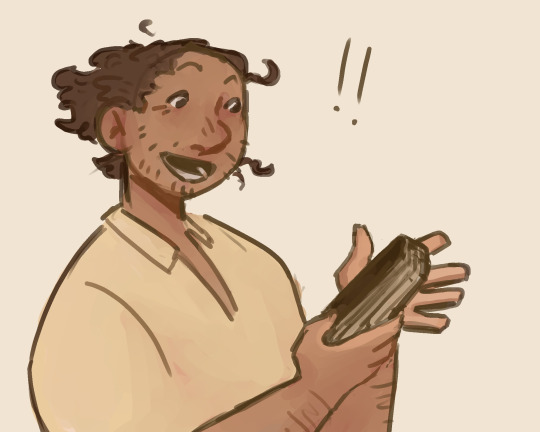
MAG 68 - The Tale of a Field Hospital
doodle 68/200; days left 26/110
this whole episode i was like "oh thank god the statement givers almost always survive bc this dude is the absolute best :]" AND THEN THE- then the ending slapped me in the face
#im fine. this is fine. (am not & is not)#tma#the magnus archives#mag 68#tma 68#joseph russo#rip mr russo u were an icon </3#oh yeah and then there was the statemen oh well#idk amherst this amherst that shut up i want joseph russo to come back-
242 notes
·
View notes
Text
'When Steven Zaillian sat down to write his version of The Talented Mr. Ripley for Netflix, he produced what he describes as “a 500-page movie script.” Zaillian isn’t shy about writing scripts with a certain level of detail — clearly laying out character motivations and reactions, both physical and emotional. It’s a deep-dive approach that is part of what makes Ripley such an immersive watch. Long stretches of episodes are devoted to how exactly scammer Tom Ripley (Andrew Scott) wipes up a pool of blood, or how he negotiates a boat-sale scheme with an Italian counterpart, or how he alters his appearance to trick a detective into believing he’s a different person. The series’ moral ambiguity flourishes thanks to all that methodology, which is exactly the kind of thing Zaillian excels at writing (see the chess gameplay of his directorial debut, Searching for Bobby Fischer; the statistics-reliant maneuvering in Moneyball; or the calculated bribery in Schindler’s List).
If Zaillian hadn’t had the ability to make Ripley this long and sprawling, he wouldn’t have done it. “I felt that I could do things with the book that a movie can’t in two hours,” says Zaillian, whose 2016 TV debut, the HBO miniseries The Night Of, won five Emmys out of 13 nominations. The eight-episode Ripley — originally ordered by Showtime before ending up on Netflix — rejects the sunny luxury of previous depictions of the Italian coast (as seen in 1960’s Purple Noon and 1999’s The Talented Mr. Ripley). Its black-and-white cinematography is bold, angular, and unsettling (thanks to cinematographer Robert Elswit, who previously worked with Zaillian on The Night Of, alongside other returning collaborators like composer Jeff Russo and casting director Avy Kaufman), which ends up serving Scott’s version of the sinister orphan well. Unlike the rakish suave of Alain Delon or the corn-fed sincerity of Matt Damon, Scott’s Tom is more mean, even dispassionately alien, in how he disposes of Dickie and Freddie. In the series’ stark color scheme, the bloody damage Scott inflicts on these men and the lonely locations in which he abandons their bodies make both Ripley the character and this portrait of his ascension feel like Patricia Highsmith’s text filtered through a German Expressionist fever dream.
Much of Ripley’s distinctness comes from its mimicry of Zaillian’s own life (aside from the serial-killer thing). His transfixed reaction the first time he saw a piece of Caravaggio-style artwork became Tom’s, too. Kenneth Lonergan, a longtime friend of Zaillian’s, pops up in an unannounced role as Dickie’s self-made father, Herbert Greenleaf. Shadows and darkness are more intriguing to Zaillian than sunny beach weather, which rarely shows up in Ripley, though it defines the look of previous adaptations. But maybe only a director who would confess to hating blue skies is capable of appropriately forefronting the murk of Tom Ripley.
Ripley is shot in black-and-white. You’ve said you consider the book the “novelistic version of film noir.” Did classifying the story in that genre lead you to the color palette?
That’s part of it. The other part is because the story itself is a rather dark and sinister story. It’s not impossible, but it’s difficult, to shoot Italy in color without having it look like a postcard. We shot in the winter; the whole story takes place in the winter. I didn’t want blue skies; I wanted cloudy skies, rain and rain-glistening streets. I had that look in mind from the beginning.
There’s a moment when Marge is writing Dickie a letter and says the tomato plant he gave her is thriving, and the series cuts to a shot of the plant completely dead. I laughed. It’s Tom Ripley by way of The Cabinet of Dr. Caligari. There is something so unsettling about seeing Italy this way.
Cinematographer Robert Elswit tells this story that I forgot, which is — Robert knows how much I hate clear blue skies. But when we were shooting the scene on the beach when Tom meets Dickie and Marge, there was nothing we could do about it. It was sunny. I wanted to put the camera way up high and get a shot of them lying on this beach. As I was doing that and had Tom walk by, his shadow fell across them. And Robert said, “Well, that never would have happened with an overcast sky. There are some good things about a clear, sunny day.”
Were there any approaches you and Robert used to amp up the visual contrast of the show?
There was a standing rule that whenever we were shooting outdoors, we had the ability to wet down the streets, whether it was daytime or nighttime, because it instantly brings those film-noir images to mind. And because it’s beautiful; it’s a little better than a dry street.
I’m curious about the Caravaggio of it all, and how the Italian painter and his work entered into the adaptation.
The first time I went to Italy, I went to a small museum in Perugia, and I was looking at this painting that had drawn my attention. It didn’t look like any other painting in the place. There was no one in the room except a museum guard and me. After watching me stand longer before this painting than any others in the room, the guard came up behind me and said exactly what the priest says in the show — “La luce, sempre la luce”; “The light, always the light.” He was talking about the chiaroscuro of the painting. It was not a Caravaggio, but a painting by a peer or next-generation artist influenced by him — a Caravaggisti. So I started seeking out all the Caravaggios in Italy when I was there. When I was writing the script, I put that in, and it developed from there. It became a sort of motif. I felt that Tom was somebody who could appreciate art and would do something like that.
And at a certain point, I said, “Well, let’s show Caravaggio himself.” He murdered someone 350 years ago. You may think you’ve made a mistake when it says, “Roma, 1606,” but I thought people would keep up with it. We went to the paintings in the cities we were shooting in. In Naples, we went to Misericordia Church, which is where Seven Mercies is. In Rome, there’s a triptych of three paintings in San Luigi dei Francesi, which I’ve seen before. In terms of the ones that he would look at in books, those were the ones that he hadn’t seen in person that I thought he should see — some of the ones that I liked.
We start the series with Tom dragging Freddie’s body down the stairs and then we go into the details of his life in New York. Was establishing Tom as a killer always your beginning?
It wasn’t. In the scripts, it starts in New York City. During the editing, I had the idea to start there as a little prologue. That’s one of the things that happens when you have the time in post to think about things, rethink things. We had almost two years in post.
Something I like about that beginning is we see the cat Lucio for the first time. I remember thinking, This cat knows what’s going on.
The only witnesses to Tom are animals and portraits and things that can’t testify. A goat sees something. And the cat. The cat sees everything.
The Tom and Freddie dynamic feels shaped by a shared loathing that’s potentially mixed up in their sexualities. Freddie is played by Eliot Sumner, who is nonbinary but male-presenting and implied to be gay in the series. I’m curious about the intention behind Eliot’s casting, and if there was a layer to the performance that you wanted to reflect our questions about Tom’s sexuality.
Not really. Eliot was cast from an audition tape, one of 200 actors who came in for that part. Most of them played the part as a kind of version from the book, although some of them were playing it almost like a copy of Philip Seymour Hoffman. And Eliot did something completely different, which was sophisticated, quiet, British. And I thought, This is it. Why can’t this character be the most sophisticated person in the story? Which I feel Freddie is, and that makes him a bigger challenge and a bigger threat to Tom, if he’s not just some sort of loud, obnoxious American character.
The moment with the Ferragamo loafers, when Freddie realized Tom was wearing Dickie’s shoes, really threw me. As you said, this version of Freddie is quiet, but he’s taking inventory of everything.
Eliot said that and did it exactly that way in the audition — without looking, is what I mean. And I thought, That is so smart, to take in the shoes before. I won’t bother showing Freddie taking in or seeing the shoes, but he does. It was a joke on the set when I’d say, “Let’s get another shot of Freddie’s shoes. Let’s get another shot of Tom putting on his Ferragamos.” It’s the thing that starts the whole sequence between these two, is this lying. So there’s a lot of shots of the shoes.
This series has such a collection of wealth signifiers: the loafers, the Brooks Brothers robe, the gold cigarette case, the fridge, the Picasso. Were they scripted to that level of detail?
They were scripted — the pen, the Hermes Baby typewriter. The Picasso was chosen while we were filming, and we had to get it painted and the rights to use it from the estate. For me, these items are important, and they’re not important because they signify wealth to Tom. I don’t think Tom looks at them that way. I think the people that own them look at them that way, like a status symbol. But Tom just appreciates them for the beauty in them. He’s attracted to them because he likes to look at them — even the ashtray. He just likes to have nice things around him, beautiful things.
Andrew said that the series has a “very light message” that “everybody is deserving of beauty and arts in the world. It’s not for a certain section of the community. It’s not just for the rich … We have to understand that it’s about class and money and morality and fairness.” I’m curious if you agree with that — if you were aiming for someone to walk away from the series with, if not exactly an eat-the-rich ideology, more of a spread-the-wealth ideology. Did you create the series with a political angle as an intention?
I wasn’t really thinking about that. I did think that Tom appreciates these things in a way that the rich don’t. The rich feel entitled to them, and they don’t see the inherent beauty in them. And he comes from a place where he does.
I want to ask you about Dickie and Marge, who were more homophobic than I expected. Can you talk a bit about that characterization of them?
I never really thought of them as homophobic. For Dickie to say, “Marge thinks you’re queer,” I don’t think that’s homophobic. I think that’s just what she thinks. At one point she says, “I don’t know what to think of Tom’s sexuality. I don’t think he’s normal enough to have any sort of sex life,” so she doesn’t know what’s going on in that regard. I think Tom has never really loved anybody other than himself. But the closest he comes is Dickie — maybe he likes him, he might even love him. And I think Dickie finds something attractive about Tom as well.
Andrew has said he doesn’t see Tom as a villain. You’ve said that you don’t think about generating sympathy or empathy when you’re writing characters. But I thought the series was very pointed about keeping us in Tom’s perspective when he does things I perceived as humorously mean, like when Marge is getting back on the train and Tom very energetically says “bye” to her and then throws her scarf away. How much of that dark comedy was intentional?
It’s all intentional, yes. I love the relationship between Tom and Marge. At one point I said to myself, I think they would actually be very good friends if they didn’t happen to be in love with the same person, because they’re very much alike. You see this relationship changing when Marge starts to see the advantage of Dickie being missing and her starting to get some attention for that. Tom doesn’t really appreciate it. The scenes with them in Venice together I just love.
I liked how much friction there is in their arguments. It felt like watching a duel, each of them trying to get the last word.
And it’s the thing that nobody else seems to notice with them. If there’s a scene between the three of them — Dickie, Tom, and Marge — you’ll notice Dickie’s always looking down or looking off when those looks happen between them.
Dickie’s death is a huge moment. It seems spontaneous, but it’s such an involved scene — Tom attacks Dickie and collects items from his body, then ends up in the water himself when he tries to dump Dickie’s body, and then weights the boat and sinks it. What went into that?
That particular sequence probably took a week to shoot. Did we talk about it? We didn’t really talk a lot about anything. If a question would come up, I’d try to answer it, but I felt like the actors knew who they were. The scripts I write aren’t shy about mentioning what a character is thinking or feeling. I don’t write camera angles, but I do write that. In that particular case, Andrew had an awful lot to do. That was just a matter of committing it to memory and then doing it, and making it feel as if he’s figuring it out as he goes along, which was very important to me both in the sequence with Dickie and then later with Freddie — to show that he is not a professional killer. He’s actually no better at it than we would be. How do I get this guy out of a boat? becomes a huge problem. We shot that in a tank. How do I get this guy downstairs? becomes a really elaborate problem. Those two long sequences were in the script — they were quite long in the script.
For the most part, the series does not use handheld. But there is a moment when Tom is dragging Freddie’s body out of the apartment that we see one handheld shot, right?
It’s sort of one setup. I did shoot it non-handheld, as wide, as well. I like setting the frame and having the action take place in the frame. But when Joshua Raymond Lee, who is one of the editors, used it, I said, “Oh, I don’t think I want to use it. It would be the only handheld shot in the whole series.” And he said, “Well, maybe that’s a good reason. I think it looks really good here.”
I liked it because it helped make that moment feel unplanned, like another instance of Tom trying to figure this all out. Beyond the camerawork, was there a specific scene or moment where Andrew surprised you with a contribution to this version of Tom? I’m thinking of his “I like girls” line, which Andrew delivers very flatly.
Everything in that scene is for that line. And when there is a line like that, where it is the whole point of the scene, I’ll keep doing it until I hear it. He had a lot of patience with me in that regard. And when I heard it, I said, “Okay, good, we’re done with this scene.”
I mean, everything surprised me. I was constantly surprised daily by the choices he would make. He’s also really good at the process of things. If he has to forge something, he’s going to forge it. If he’s going to have to write a letter, he’s going to write it. If he has to climb from the water into a boat, which is extremely hard — it seems like it’s easy; it’s not — he’s going to do it, and I’m going to keep filming it.
There are scenes in the series where we are supposed to doubt Tom’s sanity a little bit. I’m thinking about the Italian language tapes, where the dialogue he’s learning feels very particular to him: “How much money do you need?” Or when he sees Dickie’s ghost. Or when he imagines Bokeem Woodbine’s detective listing all of his crimes. What should we take away from those scenes?
It’s more about a glimpse into his mind. But not to say, “Oh, he’s crazy.” There were actually more of them in the scripts. But the ones we do see include when he’s writing a letter to his aunt Dottie. He imagines her at the dentist. He imagines the people he doesn’t like being in some uncomfortable situation.
And it was important to me that what he imagines is something that he’s actually seen. If he’s going to imagine a banker in a bank, it’s a bank that he’s been to; if he’s going to imagine a private detective accusing him of something, he imagines him in what he imagines a private-detective office should look like, which is something straight out of a movie that he’s seen. The locations of these — I don’t know if I would call them a fantasy — imaginings of people talking to him are intentional.
In the last episode of the season, we’re introduced to John Malkovich’s character, Reeves, who sees Tom for what he is, and Tom sees him for what he is. They describe themselves as “art dealers,” and Reeves is the closest thing Tom has to an ally. Did you write the role for Malkovich, who played Tom Ripley in 2002’s Ripley’s Game?
He doesn’t appear in the first book; he’s introduced in the second book, Ripley Under Ground. More than anything else, I thought it would be fun to see him in this one, and figured out a way he could actually serve some sort of plot function. It was as simple as writing to John and telling him, “It might be fun to do this, and I hope that if there ever is another one, if we do any more of these books, that you’d want to do that too.” And he said, “Yeah!”
Was Kenneth Lonergan cast as Herbert Greenleaf in a similar way? You and him working together again was a mini Gangs of New YorkZaillian, Lonergan, and Jay Cocks co-wrote the screenplay for Martin Scorsese’s 2002 film Gangs of New York reunion that I was very excited about.
Kenneth, I’ve known him for a number of years, and I’ve always liked his performances in his own movies. What I didn’t want was what I would call your standard blue-blood aristocratic rich guy. I wanted somebody who felt more like a working man who made his money. That would be more meaningful in terms of the story. It was just, “Hey Ken, maybe you want to do this.”
At the end of the season, after Tom has convinced everyone that Dickie died by suicide and he’s reading the letter he forged that he’s passing off as Dickie’s last words, Herbert looks so guilty when he hears who he thinks was Dickie describing his own paintings as “worthless.” But they are pretty terrible. How did they come into being?
We had an Italian artist in the art department, Valentina Troccoli. She did all the Dickie paintings. She also did the Caravaggios; there’s a scene where we’re in his atelier and we see a couple of his paintings in the process of being painted. She also did the Picasso. She’s really something. For the Dickie paintings, production designer David Gropman and I initially had this idea that we would put up easels and everyone in the art department would try to paint badly, and that it might be better if it wasn’t a professional artist trying to paint badly, but somebody who just painted badly. It turned out that the professional won the contest. She was able to do it in a way that didn’t look ridiculous but at the same time was not good.
Was there anything from the Ripley books that you wanted to adapt in this series but that you didn’t get to?
No. But if somebody wants to do it again, there’s no shortage of material. She wrote five books about Tom Ripley, so there’s a lot there. My favorite of those books is called Ripley’s Game. I just love that story.'
#Steven Zaillian#Robert Elswit#Patricia Highsmith#Ripley#Netflix#Andrew Scott#The Talented Mr Ripley#Freddie Miles#Eliot Sumner#Dakota Fanning#Marge Sherwood#Dickie Greenleaf#Johnny Flynn#John Malkovich#Reeves Minot#Kenneth Lonergan#Avy Kaufman#Jeff Russo#Caravaggio#Picasso#Philip Seymour Hoffman
5 notes
·
View notes
Text
Claudio: Vengo a buscar a Lucas.
Marvin: ¿Y éste qué?
Duck Dodgers (Lucas): Ni idea, pensé que lo conocía, pero ya no sé.
Marvin: Debe ser un espía, ¡mátenlo!
Marcianos Instantáneos: (le apuntan a Claudio con sus pistolas láser).
Duck Dodgers (Lucas): ¡No, no! Es… mi papá.
Marciano Instantáneo: ¿En serio?
Tina: Es una relación adoptiva.
Marvin: Aaawww.
Fuente: Las aventuras de Peabody y Sherman (2014)
#looney tunes#incorrect quotes#el show de los looney tunes#the looney tunes show#duck dodgers#daffy duck#pato lucas#el gallo claudio#foghorn leghorn#tina russo#marvin el marciano#marvin the martian#marcianos instantáneos#instant martian#las aventuras de peabody y sherman#mr. peabody & sherman
4 notes
·
View notes
Note
Your billy russo x wife writings are sooo good they were how i first found out abt you! your recent works are amazing but billy russo x wife lives in my heart. (Tbf tho so does every other billy fic you’ve written😂) happy sunday!
😂😂😂😂😂😂
Thanks! Billy and his wife is a favorite, well of course they're all my favorites else I wouldn't write them 😂😂😂
But I love husband Billy because you can make him as unhinged and as devoted as possible and no one bats an eye 😂
He would do anything for her, literally anything, there's no line he wouldn't cross.
12 notes
·
View notes
Text
Ong our way to the bank and a man pulled up alongside my car and asked if my flags were for the girls and idk but something so simple has made me so happy 🥹
3 notes
·
View notes
Text
just discoverd maria canals barrera my cuban queen voiced paulina like claro it makes so much sense i literally had a crush on every single character that ive ever known her to play. also cuban paulina daleeee
#PLEASE PLEASE PLEASE#HAWKGIRL FROM JUSTICE LEAGUE THE ANIMATED SERIES#SUNSET BOULEVARDEZ FROM PROUD FAMILY#MRS RUSSO FROM WIZARDS OF WAVERLY PLACE#IT MAKES SO MUCH SENSE NOW 😭😭😭😭#dphantom#danny phantom#paulina sanchez
22 notes
·
View notes
Text
Hey, for real tho
Where is the S3 OST
#mr. russo is it still you? where is it?#i rewatched a bit and there's definitely new music#the HOb has good horror violins#where is the ost i want to listen#tua#tua s3
15 notes
·
View notes